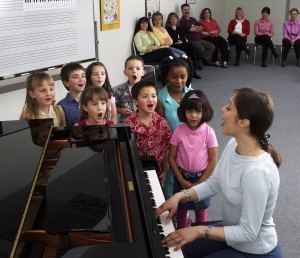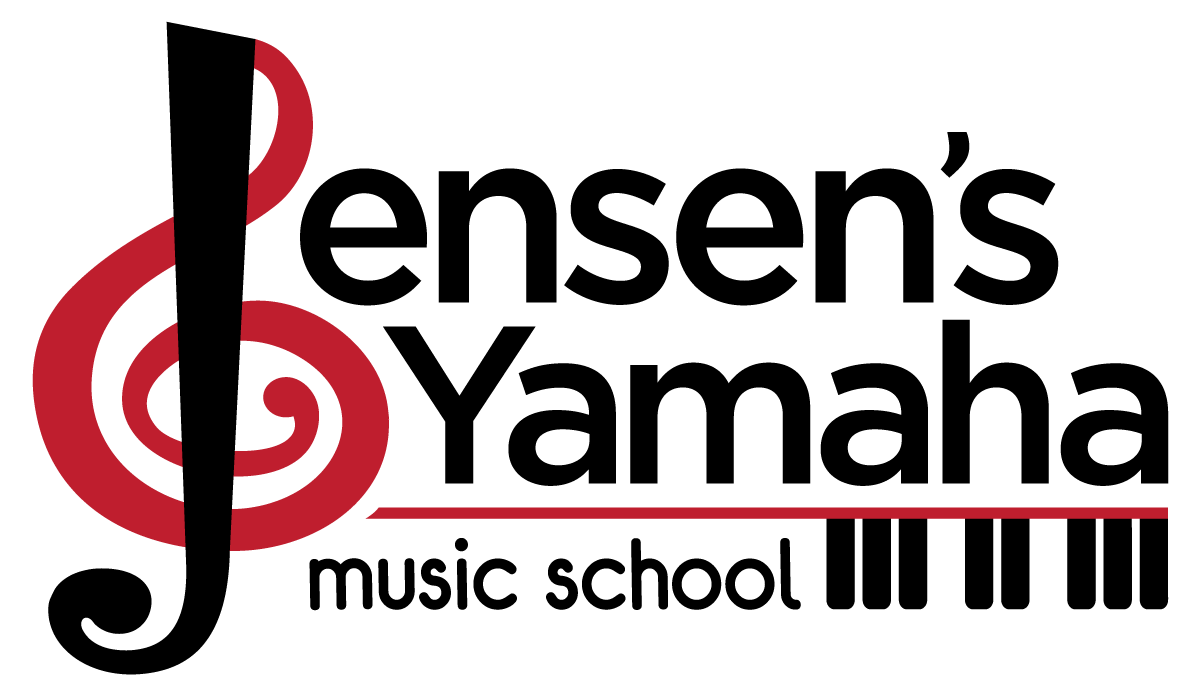Music Classes for Children Offer Surprising Benefits
I find it strange that music classes are not as high on the list of priorities in the public or even in private schools. When the budget gets tight, one of the first things to be cut are the music classes. Yet, it seems that music classes are exactly what children need to succeed in their academic careers.
When I think about the history of music, how long humans have passed songs down from generation to generation, or how many different musical instruments have been constructed all over the world in ancient cultures, music is obviously a natural and integral part of human development. It’s as if we need music in our lives to live. So you can imagine my frustration when I see how music serves many purposes in our world, and yet it’s not a top priority to teach music to all in the schools. It’s only reserved for kids from musical families, or for kids with talent. But music exists in all of us. Our brains are designed to learn it, understand it, and make it. It’s the only language that all cultures can understand. Even if you don’t understand the words, you still feel something when you hear music. We are hard-wired to understand it, so it’s no surprise that when children are in music classes, it affects their brain in many other areas: verbal skills are enhanced, and their memory skills and spatial intelligence improve. So why would spatial intelligence matter? How about engineering, architecture, art, graphic design, computer programming, to name a few areas. The research featured in the attached web article shows a relationship between early music training and improved test scores on specific tests.
Bottom line: instead of spending more money on extra tutoring in math or reading, enroll your child in music classes between the ages 3-8 years old, and let the music do the work. Not only will it improve your child’s intelligence, but they will forever have the joy of music in their lives.
Article about the effects of Early Music Training



Leave a Reply